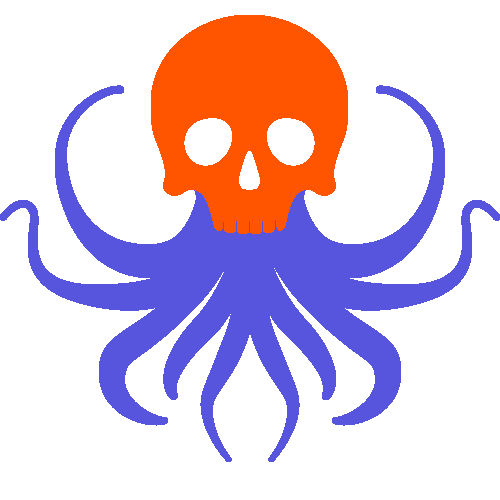BOOK THIS SPACE FOR AD
ARTICLE AD
## https://sploitus.com/exploit?id=449F8E94-5272-544C-9EB3-AAD5B99F446A
# Fluoride Bluetooth stack
## Building and running on AOSP
Just build AOSP - Fluoride is there by default.
## Building and running on Linux
Instructions for Ubuntu, tested on 14.04 with Clang 3.5.0 and 16.10 with Clang
3.8.0
### Download source
```sh
mkdir ~/fluoride
cd ~/fluoride
git clone https://android.googlesource.com/platform/system/bt
```
Install dependencies (require sudo access):
```sh
cd ~/fluoride/bt
build/install_deps.sh
```
Then fetch third party dependencies:
```sh
cd ~/fluoride/bt
mkdir third_party
cd third_party
git clone https://github.com/google/googletest.git
git clone https://android.googlesource.com/platform/external/aac
git clone https://android.googlesource.com/platform/external/libchrome
git clone https://android.googlesource.com/platform/external/libldac
git clone https://android.googlesource.com/platform/external/modp_b64
git clone https://android.googlesource.com/platform/external/tinyxml2
```
And third party dependencies of third party dependencies:
```sh
cd fluoride/bt/third_party/libchrome/base/third_party
mkdir valgrind
cd valgrind
curl https://chromium.googlesource.com/chromium/src/base/+/master/third_party/valgrind/valgrind.h?format=TEXT | base64 -d > valgrind.h
curl https://chromium.googlesource.com/chromium/src/base/+/master/third_party/valgrind/memcheck.h?format=TEXT | base64 -d > memcheck.h
```
NOTE: If system/bt is checked out under AOSP, then create symbolic links instead
of downloading sources
```
cd system/bt
mkdir third_party
cd third_party
ln -s ../../../external/aac aac
ln -s ../../../external/libchrome libchrome
ln -s ../../../external/libldac libldac
ln -s ../../../external/modp_b64 modp_b64
ln -s ../../../external/tinyxml2 tinyxml2
ln -s ../../../external/googletest googletest
```
### Generate your build files
```sh
cd ~/fluoride/bt
gn gen out/Default
```
### Build
```sh
cd ~/fluoride/bt
ninja -C out/Default all
```
This will build all targets (the shared library, executables, tests, etc) and
put them in out/Default. To build an individual target, replace "all" with the
target of your choice, e.g. ```ninja -C out/Default net_test_osi```.
### Run
```sh
cd ~/fluoride/bt/out/Default
LD_LIBRARY_PATH=./ ./bluetoothtbd -create-ipc-socket=fluoride
```
### Eclipse IDE Support
1. Follows the Chromium project
[Eclipse Setup Instructions](https://chromium.googlesource.com/chromium/src/+/master/docs/linux_eclipse_dev.md)
until "Optional: Building inside Eclipse" section (don't do that section, we
will set it up differently)
2. Generate Eclipse settings:
```sh
cd system/bt
gn gen --ide=eclipse out/Default
```
3. In Eclipse, do File->Import->C/C++->C/C++ Project Settings, choose the XML
location under system/bt/out/Default
4. Right click on the project. Go to Preferences->C/C++ Build->Builder Settings.
Uncheck "Use default build command", but instead using "ninja -C out/Default"
5. Goto Behaviour tab, change clean command to "-t clean"
.png)
 2 years ago
191
2 years ago
191 









 Bengali (Bangladesh) ·
Bengali (Bangladesh) ·  English (United States) ·
English (United States) ·